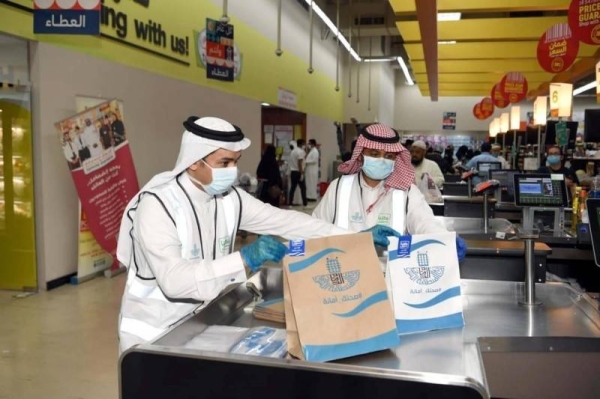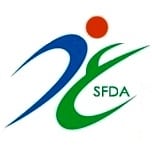Muscat: Oman plans to set up a halal training and certification centre, with the help of a specialised agency in Malaysia, to support the private sector for establishing food processing industries that comply with Islamic dietary guidelines.
Malaysia’s Halal Industry Development Corporation (HDC) and Public Establishment for Industrial Estates (PEIE) have signed a memorandum of understanding for collaboration in the areas of education, training and development of industrial parks on halal products in Oman.
The agreement was signed by officials of both countries at a seminar on Malaysia-Oman Business Opportunities here yesterday. “The HDC will provide training, quality assurance and issue certification on halal products. It will be easy for the consumers in Oman and anywhere in the world,” said Hilal bin Hamad al Hasani, chief executive officer of the PEIE. “Hopefully, it will be ready by 2013,” he said.
Hasani said the plan is to provide technical assistance to private sector on halal certification and training, which will help attract more investment for setting up such projects for both domestic market and exports. The centre will be located in Muscat, but there could be a branch in Sohar, in view of the proposed food cluster and proximity to port.
“There is a big potential for developing halal food products in Oman,” said Malaysia’s Minister of International Trade and Industry Dato Sri Mustapa Mohamed, who lead an 82-member strong delegation to the Sultanate.Oman’s free trade agreement with the United States, strategic location and proximity to East African countries, will help to make the country a re-export hub for halal food products.
HDC is Malaysia’s one-stop agency for developing halal industry. It is also instrumental in setting up designated halal parks. HDC closely works with potential investors to position Malaysia as the most attractive place in the region for halal-related products.
Addressing the seminar earlier, Dato Sri Mustapa Mohamed, Malaysia’s Minister of International Trade and Industry, said the total bilateral trade between his country and Oman soared 179 per cent to touch $740.5 million in 2011.
Malaysia’s exports to the Sultanate stood at $238.05 million, while its imports were marginal at $86.24 million. Major exports of Malaysia to Oman included palm oil and air-condition equipment. “Oman is Malaysia’s third biggest trading partner in the GCC region.”
Mohamed added Malaysia’s private sector is seeking opportunities for business tie-ups and joint ventures in the areas of training and consultancy, healthcare, tourism, food and beverages. Of the 82 delegation members, 53 were from the private sector representing a wide range of industries and 29 were from the government sector.
Referring to the recent business interest of Oman’s corporate sector in Malaysia, the minister said National Gas Company has bought Shell’s bottling plant assets for $200 million and an MB group company acquired a boating manufacturing unit there.
He said that 400 Malaysians work in the Sultanate, and including their family members, the total strength of Malaysian community here is 700.
Eng Ali bin Masoud Al Sunaidi, Minister of Commerce and Industry, said there are potential for collaboration in tourism and biotechnology. He also said that the Malaysian companies can set up their bases in Oman for re-exporting to both Asia and Europe due to the Sultanate’s strategic location. Malaysia’s Diamond Consolidators (M) Sdn Bhd and WMA Trading Snd Bhd and Al Maimi & Partners also signed a dealership agreement yesterday.



